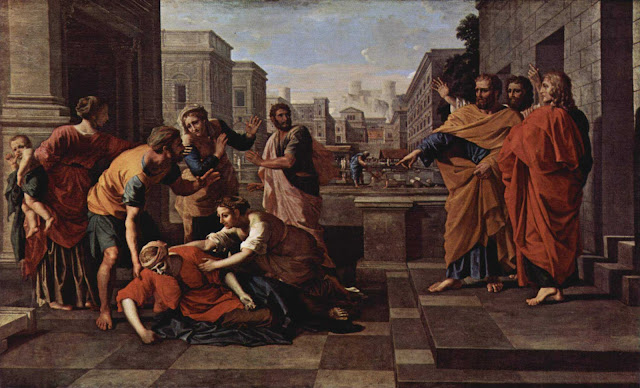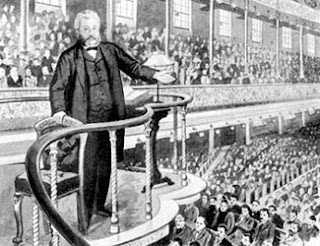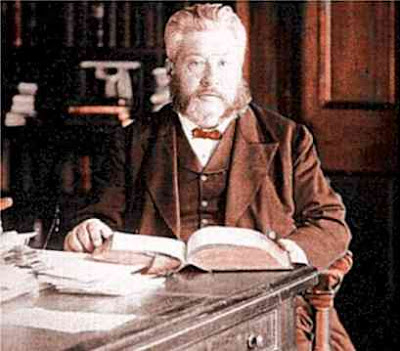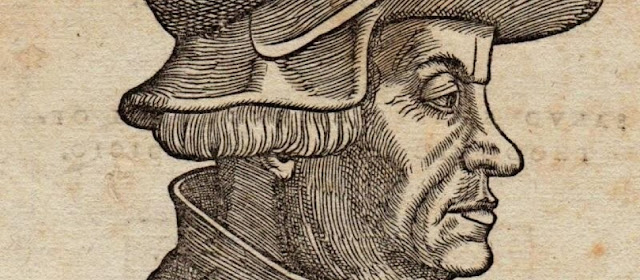Posts
Showing posts from 2023
The Puritans on Habits and Christlikeness
- Get link
- X
- Other Apps
Why are we still waiting for the second coming?
- Get link
- X
- Other Apps
C.H. Spurgeon: 'God Only, You Can Trust'
- Get link
- X
- Other Apps
The Antichrist: The Last Days According to Jesus with R.C. Sproul
- Get link
- X
- Other Apps
WCF 18: Of the Assurance of Grace and Salvation
- Get link
- X
- Other Apps
You Are a Sinner to the Praise of Christ
- Get link
- X
- Other Apps
C.H. Spurgeon: 'Afflictions, But No Broken Bones'
- Get link
- X
- Other Apps
The Book of Revelation: The Last Days According to Jesus with R.C. Sproul
- Get link
- X
- Other Apps
Envy and the Abandonment of God's Love
- Get link
- X
- Other Apps
WCF chapter 17: Of the Perseverance of the Saints - John 10:22–30
- Get link
- X
- Other Apps
The Destruction of Jerusalem: The Last Days According to Jesus with R.C. Sproul
- Get link
- X
- Other Apps
How effectively do we tell the difference between right and wrong?
- Get link
- X
- Other Apps
Anna Reinhart Zwingli and the Swiss Reformation
- Get link
- X
- Other Apps
The End of the Age: The Last Days According to Jesus with R.C. Sproul
- Get link
- X
- Other Apps
C.H. Spurgeon: 'Doing What God Can Bless'
- Get link
- X
- Other Apps
This Generation: The Last Days According to Jesus with R.C. Sproul
- Get link
- X
- Other Apps
Be Thankful, John Witherspoon on the Lord’s Supper
- Get link
- X
- Other Apps
Psalm 116: 'I will offer to thee the sacrifice of thanksgiving'
- Get link
- X
- Other Apps
C.H. Spurgeon: 'The Outward, Upward Look'
- Get link
- X
- Other Apps
Literal or Figurative?: The Last Days According to Jesus with R.C. Sproul
- Get link
- X
- Other Apps
Justitia Sengers – a Forgotten Sixteenth-Century Exegete
- Get link
- X
- Other Apps
Christians Love Their Enemies With Truth
- Get link
- X
- Other Apps
A Question of Time: The Last Days According to Jesus with R.C. Sproul
- Get link
- X
- Other Apps
Anne Askew and Her Influence on the English Reformation
- Get link
- X
- Other Apps
Murray Rothbard and the 8th Commandment
- Get link
- X
- Other Apps





























